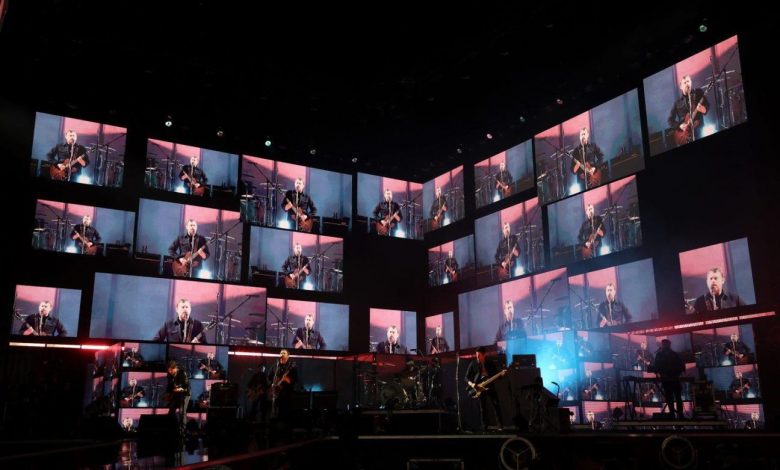NFTs and the Music Industry: A New Paradigm for Artists

NFTs and the Music Industry: A New Paradigm for Artists
The music industry has undergone significant transformations over the years, and one of the latest buzzwords taking center stage is NFTs (Non-Fungible Tokens). These digital assets have revolutionized the way artists monetize their work, providing a new paradigm for creativity and ownership. In this blog post, we will delve into the world of NFTs and explore how they are reshaping the music industry.
What are NFTs?
NFTs, or Non-Fungible Tokens, are unique digital assets that can represent ownership or proof of authenticity of a particular item, such as music, artwork, videos, or even tweets. Unlike cryptocurrencies like Bitcoin, NFTs cannot be exchanged on a like-for-like basis as each token carries distinct characteristics and values.
NFTs and the Music Industry
For musicians, NFTs offer exciting opportunities to monetize their work and build deeper connections with their fans. By tokenizing their songs, albums, or even exclusive experiences, artists can create limited editions or unique versions of their music that fans can buy and own.
With NFTs, artists can retain a larger portion of their earnings, as they can directly sell their music to fans without intermediaries taking hefty cuts. This newfound control over their revenue stream empowers artists to achieve financial independence and sustainability.
Benefits of NFTs in the Music Industry
There are several benefits that NFTs bring to the music industry:
- Direct-to-Fan Engagement: NFTs enable artists to directly engage with their fans by offering exclusive content, VIP experiences, or meet-and-greets. This facilitates a deeper sense of connection and loyalty between the artist and their audience.
- New Revenue Streams: By selling their music as NFTs, artists can create additional revenue streams, complementing traditional sources such as streaming platforms and live performances.
- Promotion and Marketing: NFTs provide a unique promotional tool for artists, attracting attention and generating buzz around their work. The limited supply aspect of NFTs often drives excitement and demand among fans.
- Transparency and Royalty Tracking: NFTs are built on blockchain technology, which ensures transparency and traceability of ownership and transactions. This allows artists to track and receive royalties directly and efficiently.
FAQs about NFTs and the Music Industry
Q: How do NFTs benefit independent musicians?
A: NFTs offer independent musicians an opportunity to bypass traditional gatekeepers and establish direct connections with their fan base. By tokenizing their music, they can monetize their work and retain a larger portion of the profits.
Q: Are NFTs eco-friendly?
A: The environmental impact of NFTs has raised concerns due to the energy consumption of blockchain networks like Ethereum. However, efforts are being made to create more sustainable alternatives, such as the emergence of eco-friendly blockchains like Tezos and Flow.
Q: Can artists sell NFTs of their existing songs?
A: Yes, artists can sell NFTs of their existing songs. They can create special editions or unique versions of their music to make them more valuable to collectors and fans.
Q: How can fans benefit from buying NFTs?
A: Buying NFTs allows fans to own a unique piece of the artist’s work, giving them a sense of exclusivity and pride. Additionally, owning NFTs may provide opportunities for future value appreciation or access to exclusive experiences.
In conclusion, NFTs have opened up a new paradigm for artists in the music industry. By embracing this technology, musicians can build stronger connections with fans, generate new revenue streams, and have more control over their creative work. With the potential for further innovations and developments, the future looks promising for NFTs and the music industry.